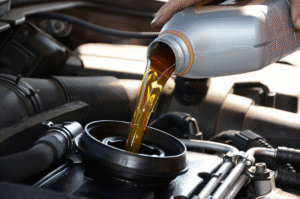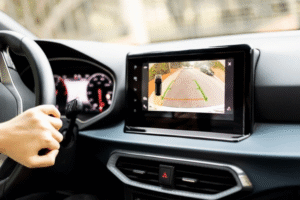What are the top 15 most reliable & best-value car brands and models? Shocking!
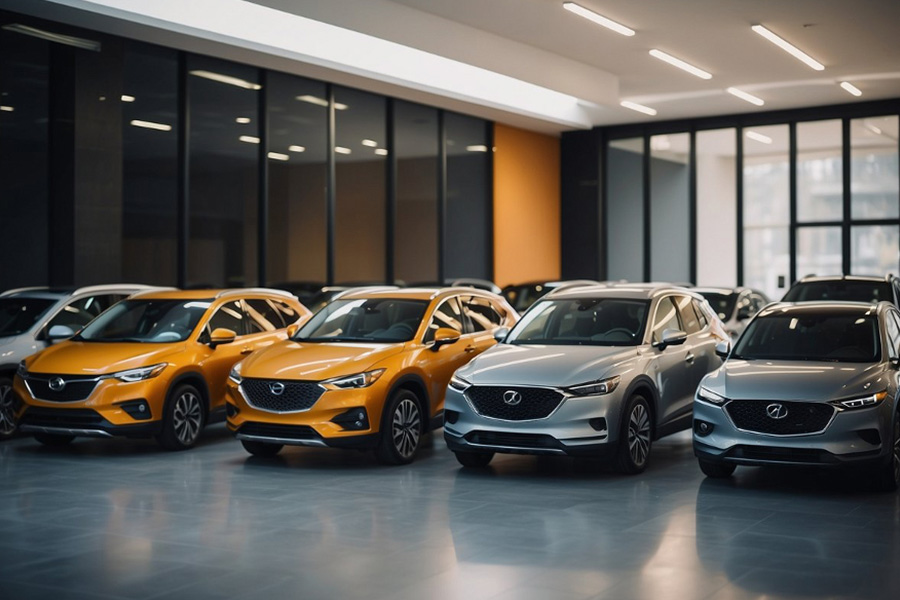
When purchasing a new car, reliability and value are key factors to consider. A car that is both dependable and worth the investment can save you a great deal of time and money in the long run. Whether you’re a seasoned driver or a first-time buyer, knowing which brands and models stand out is essential.
I’ll walk you through the top 15 most reliable and best-value car brands and models. These selections are based on various criteria including performance, safety features, fuel economy, and overall ownership experience. My aim is to provide you with clear and concise information to help you make an informed decision.
From fuel-efficient models to those packed with innovative features, there is something for everyone. This guide will enable you to choose a car that meets your needs without compromising on reliability or value.
Key Takeaways
- The top 15 car brands and models offer exceptional reliability and value.
- Key factors include performance, safety, and fuel economy.
- This guide helps in making an informed car purchase decision.
Establishing Auto Reliability and Value
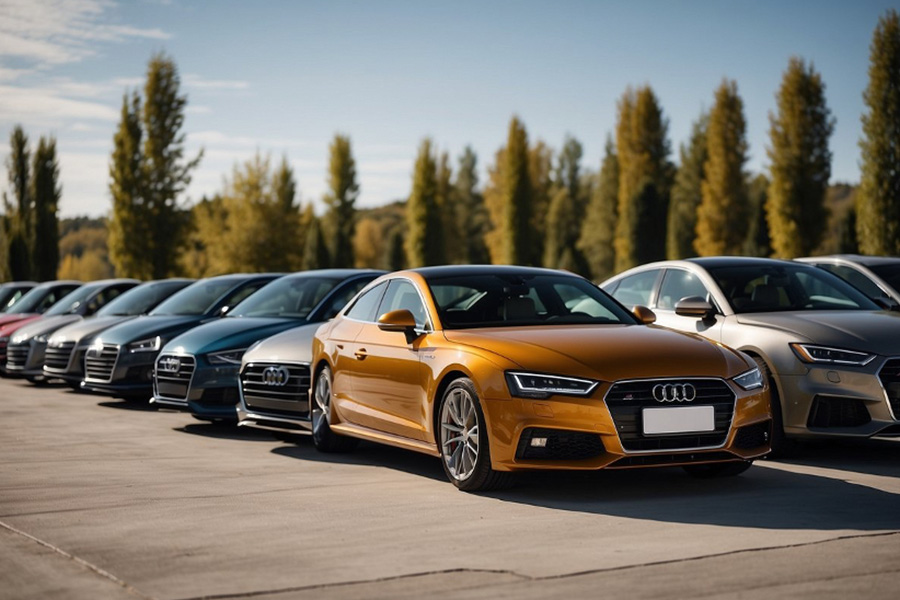
Understanding a vehicle’s reliability and its cost-to-value ratio is essential for making informed purchasing decisions. These factors play a pivotal role in determining a car’s long-term performance and overall ownership experience.
Defining Car Reliability
Reliability refers to how consistently a vehicle performs over time without needing significant repairs. When I consider reliability, I look at predicted reliability ratings from sources like Consumer Reports and J.D. Power. These ratings are based on owner satisfaction and historical data.
For instance, Toyota often ranks high due to its track record of low maintenance costs and high durability. Clearly defined ratings help me understand which brands and models are most reliable. Often, these metrics take into account the frequency and severity of problems reported by owners.
Maintaining a reliable car minimizes both hassle and unexpected expenses, ensuring a smooth driving experience. Therefore, assessing these ratings is vital for choosing vehicles that will stand the test of time.
Assessing Cost-to-Value Ratios
The cost-to-value ratio is a measure that balances the initial purchase price with the car’s ongoing expenses and performance. In essence, it answers the question: “Am I getting my money’s worth?”
To evaluate this, I consider factors like fuel efficiency, depreciation rates, and maintenance costs.
Effective evaluation includes comparing consumer reports and market trends. For example, Honda models are known for retaining their value well, due to low depreciation and high owner satisfaction.
Using tools like cost-of-ownership calculators can provide a detailed picture. These tools account for insurance, repairs, and fuel, illustrating a vehicle’s true cost over several years. By focusing on these aspects, I can better gauge which vehicles offer the best value.
The Best-Value Car Brands
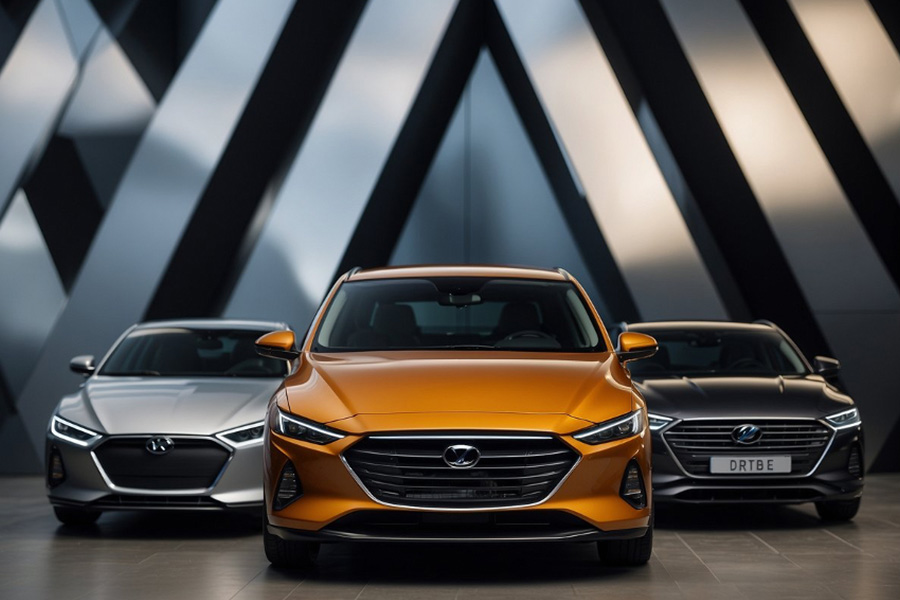
For those seeking excellent value in their vehicles, affordability and longevity are key. The mainstream brands offer excellent practicality without breaking the bank, while luxury brands provide high-end experiences with dependable quality.
Mainstream Brands Ranking
1. Toyota:
Renowned for reliability, Toyota’s models like the Corolla and Camry consistently offer great value. They are known for low maintenance costs and strong resale values.
2. Honda:
Accord and Civic models present a balance of performance and economy. Honda vehicles often feature innovative technology and a reputation for durability.
3. Mazda:
Mazda blends style with efficiency. Models like the Mazda3 and CX-5 provide excellent fuel economy and engaging driving dynamics.
4. Kia:
Kia has elevated its brand with quality and extensive warranties. The Optima and Sorento are trusted for their features at affordable prices.
5. Hyundai:
Offering competitive prices and robust warranties, Hyundai’s Elantra and Santa Fe are popular choices among budget-conscious buyers.
Luxury Brands Ranking
1. Lexus:
Lexus stands out with models like the RX and ES for their exceptional build quality and reliability. Strong resale values and advanced features add to its appeal.
2. Acura:
Balancing performance and luxury, Acura’s MDX and TLX are known for their dependability and value. Advanced safety features are a major selling point.
3. Porsche:
Surprisingly, Porsche offers value through models such as the Macan and Cayenne. These vehicles combine luxury with robust engineering, ensuring long-term performance.
4. BMW:
While known for performance, BMW’s 3 Series and X5 maintain their value well. The combination of innovation and quality makes them a wise investment.
5. Mercedes-Benz:
Models like the C-Class and GLE provide luxury and reliability. Despite higher initial costs, their longevity and quality justify the investment.
Top-Performing Car Models
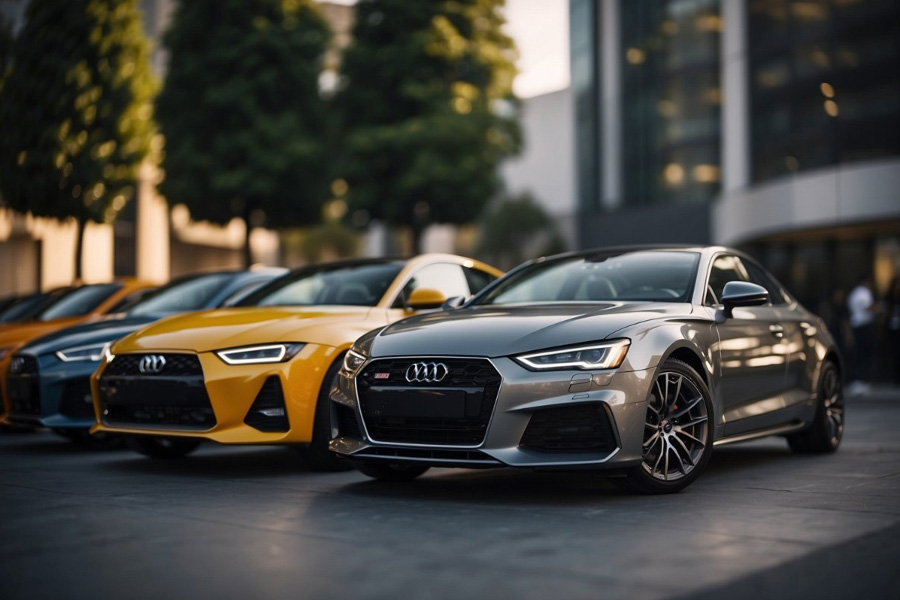
In the automotive world, reliability and value are key factors when choosing a vehicle. Different car models excel depending on their category, providing owners with dependable performance and a good return on investment.
Sedans and Hatchbacks
Toyota Camry is well-regarded for its consistent reliability and fuel efficiency. It offers a comfortable ride with advanced safety features and a spacious interior.
Honda Accord also stands out with its strong performance, upscale interior, and excellent fuel economy. It’s known for its balance of comfort and refined driving dynamics.
Mazda 3 delivers a more engaging driving experience with a premium interior feel. It combines stylish design with reliability.
The Honda Civic, known for its longevity and practicality, maintains a strong reputation with robust build quality and advanced tech features.
SUVs and Crossovers
Toyota RAV4 remains a top pick in the compact SUV market. It combines excellent fuel efficiency with a roomy cabin and advanced safety features.
Subaru Crosstrek is praised for its all-wheel-drive capability, making it a great choice for varied road conditions. Its compact size and reliability add to its appeal.
Mazda CX-5 offers a refined ride and a more luxurious interior. Its handling is sporty for an SUV, and it consistently receives high marks for reliability.
The Kia Sorento provides a spacious interior with seating for up to seven passengers. It offers a range of engine options and user-friendly tech features.
Pickup Trucks
Ford F-150 stands out with its strong towing and payload capabilities. It provides a range of engine choices and a high-tech, comfortable cabin.
Chevrolet Silverado is known for its robust performance and reliability. It offers a durable build and strong engine options.
Ram 1500 is praised for its smooth ride and upscale interior. It also comes with a variety of powertrains, making it versatile for different needs.
Jeep Gladiator combines the off-road capability of a Jeep with the functionality of a pickup truck. It offers unique design and rugged performance.
Fuel Economy and Efficiency Leaders
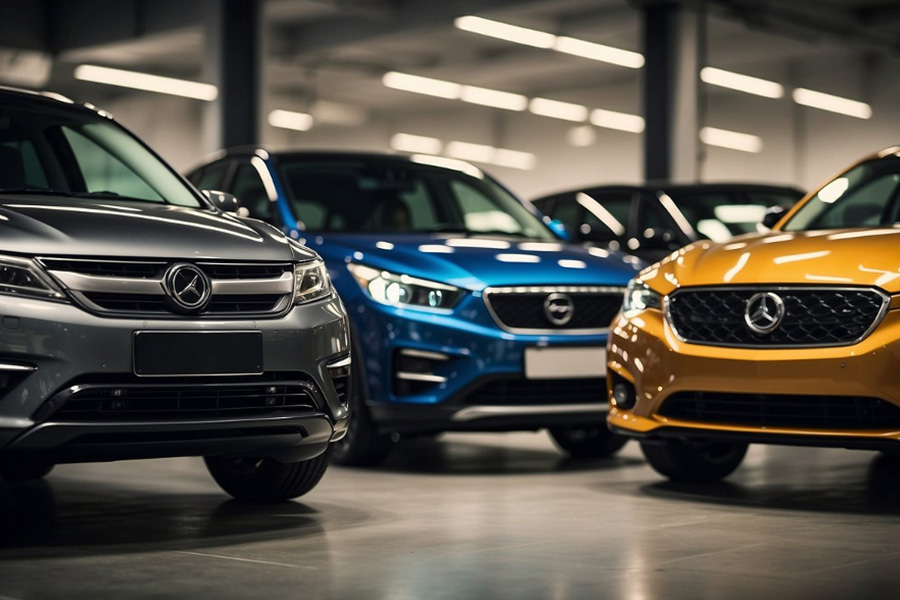
In the quest for exceptional fuel economy and efficiency, certain car models excel with their innovative technologies and designs. Some focus on maximizing gasoline usage, while others integrate hybrid systems or fully embrace electric power.
Fuel-Efficient Gasoline Models
Among gasoline models, the Toyota Corolla stands out with its impressive fuel economy. This compact sedan manages up to 40 mpg on the highway, making it a top choice for those seeking reliable gas mileage.
Compact SUVs like the Mazda CX-30 also offer commendable efficiency with up to 33 mpg on the highway, balancing performance and practicality.
The Honda Civic delivers around 36 mpg, proving that you don’t need to sacrifice economy for a dynamic driving experience.
Top Hybrid Models
In hybrid territory, the Toyota Prius has long been a leader with its combined mpg of about 56. This model efficiently blends a gasoline engine and an electric motor.
The Toyota Camry Hybrid offers a respectable 52 mpg combined, giving drivers the familiarity of a popular sedan with enhanced efficiency.
For SUV enthusiasts, the Toyota Highlander Hybrid provides a blend of space with approximately 36 mpg combined. The Toyota RAV4 Prime, a plug-in hybrid, adds electric-only driving capability, making it a versatile choice.
Leading Electric Vehicles
Electric vehicles bring forward the best of fuel efficiency with zero-emission driving. The Tesla Model 3 sets a high benchmark with ranges up to 353 miles per charge, combining luxury with practicality.
The Chevrolet Bolt offers around 259 miles per charge and is notable for its affordability and practicality for daily commuting.
The Nissan Leaf provides up to 226 miles per charge, making it an accessible option for those new to electric vehicles while maintaining impressive efficiency.
Safety and Performance Features
In evaluating the top car brands and models, I consider both safety technologies and performance metrics. Safety features ensure a secure driving experience, while engine performance and horsepower determine how well the car performs on the road.
Advanced Safety Technologies
To guarantee driver and passenger safety, many top car brands incorporate cutting-edge safety technologies. Features such as adaptive cruise control, lane-keeping assist, and automatic emergency braking are crucial.
For instance, adaptive cruise control adjusts the vehicle’s speed to maintain a safe distance from other cars. Meanwhile, lane-keeping assist helps avoid unintentional lane departures, and automatic emergency braking can prevent collisions by halting the car if there is an imminent threat.
Blind-spot monitoring and rear cross-traffic alert are other important features. Blind-spot monitoring warns you of vehicles in your blind spots, while rear cross-traffic alert helps when reversing out of parking spots. These technologies collectively enhance the safety profile of a vehicle, making the driving experience more secure.
Performance Metrics
Performance metrics such as engine power, transmission type, and horsepower play significant roles in assessing a vehicle’s value.
Engine power is critical for acceleration and sustained speed, while the transmission type—automatic or manual—affects driving control and experience.
Top brands often offer multiple powertrain options, including hybrid and electric versions, to cater to varying preferences.
For example, some models might come with a turbocharged engine that enhances power without sacrificing fuel efficiency.
Performance is also measured by how a vehicle handles different terrains and driving conditions.
All-wheel drive (AWD) and four-wheel drive (4WD) systems provide better traction and control, which is especially useful in adverse weather conditions. These performance features ensure that the vehicle not only runs smoothly but also adapts well to diverse driving scenarios.
Automotive Innovation Trends
In recent years, advancements in hybrid and electric technologies and developments in connectivity and autonomous driving have significantly transformed the automotive industry.
Hybrid and Electric Progress
Hybrid and electric vehicles (EVs) have become more efficient and affordable. Innovations in battery technology have led to longer ranges and shorter charging times.
I’ve noticed that manufacturers are producing more models across various price ranges, making them accessible to more consumers.
Several key players are pushing the boundaries with solid-state batteries, promising even greater energy density and safety.
Fast charging networks are expanding, with more charging stations being installed worldwide, reducing range anxiety.
In addition to pure electric models, automakers are refining hybrid systems to deliver better fuel economy and lower emissions.
Plug-in hybrids now offer extended electric-only ranges, making daily commutes possible without using gasoline.
Connectivity and Autonomy
The integration of advanced connectivity features in vehicles is progressing rapidly. Modern cars now include telematics systems, advanced infotainment systems, and over-the-air (OTA) updates to ensure vehicles remain up-to-date.
Autonomous driving technology is another area where significant strides are being made.
Levels of autonomy, from advanced driver assistance to full self-driving capabilities, are increasingly present in new models.
LiDAR, radar, and camera systems are continually being improved to enhance safety and reliability.
Connected vehicle ecosystems are also emerging, where cars communicate with each other and surrounding infrastructure. This Vehicle-to-Everything (V2X) technology aims to reduce traffic accidents and improve traffic flow.
Ownership Experience
When looking at the top 15 most reliable and best-value car brands and models, the ownership experience plays a crucial role. Consider both long-term reliability and maintenance and upkeep to make an informed choice.
Long-Term Reliability
Long-term reliability is a key factor in the ownership experience. Brands with high predicted reliability scores tend to offer fewer problems over time.
For instance, Toyota and Lexus consistently score above the industry average in reliability surveys. These brands are known for their durable engineering and robust design, leading to fewer breakdowns and repairs.
Another example is Honda, which often receives high marks for its dependable performance over the years.
Models like the Honda Civic and Accord have a reputation for holding up well even after many miles. This reliability ensures peace of mind and reduced unexpected costs.
Regular surveys indicate that owners of reliable brands report fewer issues compared to those with lower-rated vehicles. This data is crucial in predicting whether a car will stand the test of time without frequent mechanical failures.
Maintenance and Upkeep
Maintenance and upkeep are other vital aspects of ownership experience.
Some brands are notorious for high maintenance costs, which can add up over time. For instance, luxury brands like BMW and Mercedes-Benz often have higher maintenance expenses compared to more economical brands like Kia or Hyundai.
Toyota and Honda also shine in this category.
They have lower-than-average maintenance costs due to widely available parts and straightforward repair processes. This leads to a more affordable ownership experience, especially for budget-conscious drivers.
In addition, regular maintenance schedules for resilient brands are often less demanding.
Many of these vehicles require fewer visits to the mechanic, helping you save both time and money. Keeping track of maintenance and upkeep is essential for prolonging the life of your car while maintaining its value.


